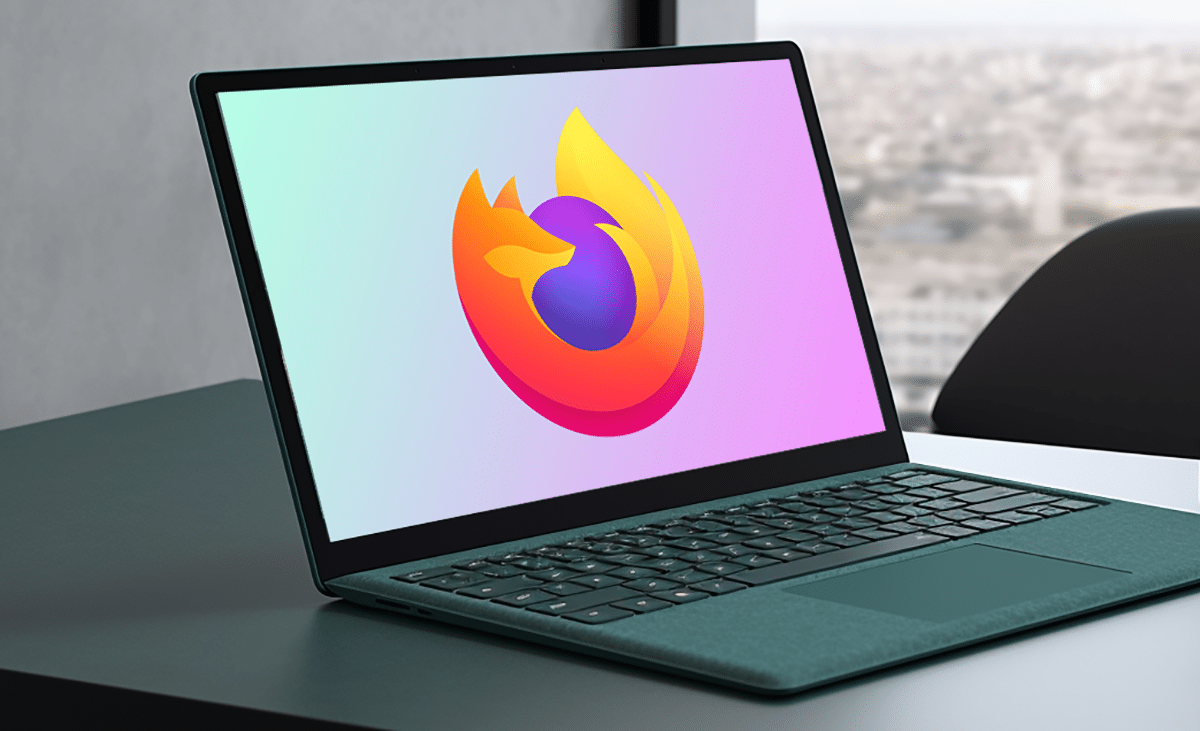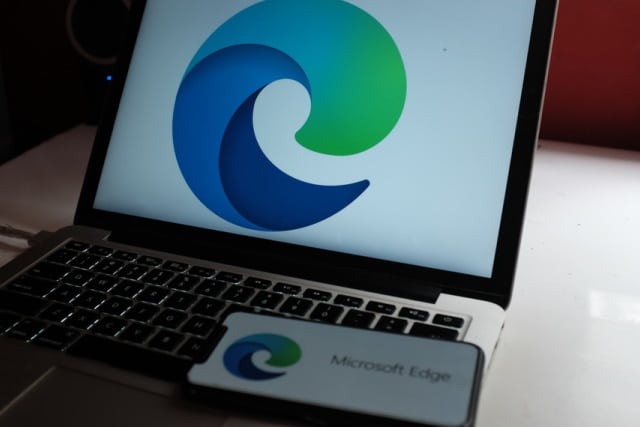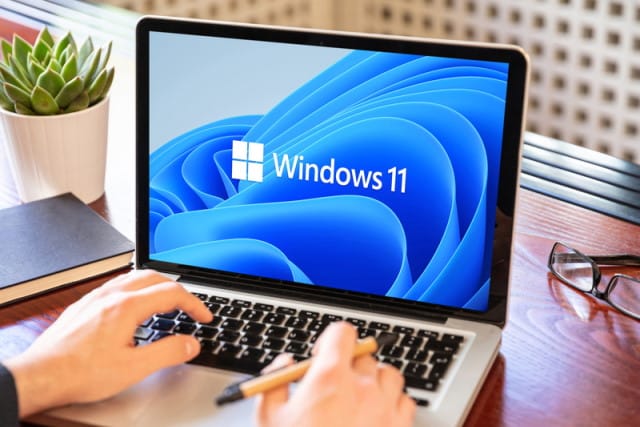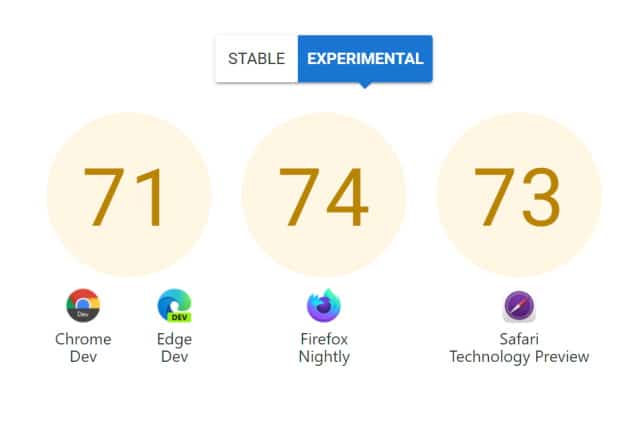
Enterprise secrets leaked in code management systems
Enterprise secrets could be inadvertently leaking via GitHub repositories, according to new research from Aqua Security.
By scanning the most popular 100 organizations on Github, which collectively includes more than 50,000 publicly accessible repositories, Aqua researchers found active secrets from open source organizations and enterprises such as Cisco and Mozilla providing access to sensitive data and software. The exposed secrets could lead to significant financial losses, reputational damage, and legal consequences.

Firefox 119 starts to roll out improved Firefox View feature, ramps up privacy and security
Mozilla has rolled out Firefox 119.0, the latest version of its open-source, Gecko-powered web browser for Windows, Mac, Linux and Android.
The new release offers two notable new features -- a major expansion of its Firefox View tab’s content, plus additional PDF editing tools along with a slew of security and privacy enhancements.

Mozilla says Firefox Android beta and nightly testers can now try out browser extensions
Mozilla has announced the availability of a limited number of browser extensions for the Android version of its Firefox web browser. The news comes several weeks after the company advised extension developers of the imminent launch of "support for an open ecosystem of extensions" for Firefox on Android.
Now testers who are running the Beta or Nightly builds of Firefox Android are being invited to try out dozens of extensions. At the moment, this is low-key launch as Mozilla is seeking feedback so the system can be tweaked and optimized ahead of a full launch further down the line.

Browser extensions are making a comeback in Firefox for Android
Mozilla has issued a notice to developers, saying that it is preparing to launch support for an open ecosystem of extensions on Firefox for Android.
Pointing out that the move will make Firefox the only major Android browser to support such an ecosystem for extensions, Mozilla says everything sound be in place before the end of the year. The change means that it should not be long before Firefox users with Android handsets are able to use more than just the handful of extensions that are currently available.

Sticking with Windows 7? Mozilla says it will continue to support Firefox for more than a year
There are still a lot of people running Windows 10 rather than upgrading to Windows 11. This is perhaps not astonishing, but there are still a surprising number of users with even older versions of Windows.
With Microsoft no longer supporting Windows 7 or Windows 8.x, sticking with these editions of the operating system is clearly an inadvisable security risk. But for anyone who has no choice, or who simply refuses to move on, Mozilla will continue to offer security updates for Firefox under these versions of Windows until well into 2024, so at least your browser will be safe.

Firefox 113 unveils search and picture-in-picture improvements alongside tighter security
The Mozilla Foundation has unveiled Firefox 113.0 alongside Firefox ESR 102.11.0, the latest version of its open-source, cross-platform browser.
It’s a relatively big release, with numerous security enhancements and UI improvements, particularly when searching the web through the URL bar and making use of Firefox’s picture-in-picture video player.

Interest may be growing in Twitter rival Bluesky, but Mozilla is betting on Mastodon
With changes implemented by Elon Musk having disastrous consequences for Twitter, there has been something of an exodus of users. It is "something of an exodus", because while many people are finding new social homes on the likes of T2, Spoutible, Mastodon or -- if they can get their hands on an invite code -- Jack Dorsey's Bluesky, many people are hedging their bets and maintaining something of a presence on Twitter until it becomes a little clearer what the likely successor is to be.
Realistically, the battle seems likely be fought between Mastodon and Bluesky, and Mozilla has just announced an expansion of its investment in the former. The company behind the Firefox web browser has launched its own Mastodon instance, Mozilla.social, in private beta.

Windows 7's and 8.1's end of support is a massive chance for underdogs like Mozilla
Last month, Microsoft ended support for its Windows 7 and 8.1 operating systems officially. Windows 7 was kept alive by the company for business and Enterprise customers for the past three years through an Extended Security Updates program, but that ran out on the same day as support for Windows 8.1 ended.
Google and Microsoft announced that their browsers, Chrome and Edge, would not support both operating systems after support end. Chrome 109 and Edge 109, released in January 2023, are the last supported versions. The next stable versions, scheduled for a release in early February 2023, won’t support Windows 7 or 8.1 anymore.

Windows 11's Suggested Actions feature was killing Firefox, but Mozilla has fixed it
Some Firefox users who upgraded to Windows 11 2022 Update found that the latest version of Microsoft's operating system was causing their web browser to freeze.
The issue arose when trying to copy text from a web page, and the culprit was ultimately determined to be the Suggested Actions feature of Windows 11 22H2. Mozilla leapt into action, addressed the problem and has released an update. The company also has advice for anyone who is unable to update to the latest version of Firefox right now.

Firefox 105 promises improved stability in low-memory situations, touchpad improvements
Mozilla is rolling out Firefox 105 for Windows, Mac and Linux machines. Key takeaways from this new build include improved stability and efficiency in low memory situations in Linux and Windows, as well as an option to print just the current page from the print preview dialog.
Major new features, then, are hard to find in Firefox 105. Swipe to navigate -- using two fingers on a touchpad -- has been implemented in Windows allowing users to swiftly move back and forwards through their history. The new build also promises a doubling of speed when searching large lists for individual items.

Microsoft retires Internet Explorer after 27 years -- here's what happens next
Internet Explorer was once the dominant web browser, boasting a 95 percent market share in 2004. The arrival of better and faster browsers like Firefox and Chrome, along with the rise of smartphones, slowly destroyed its ubiquity and from today it is now officially retired and out of support.
While few people will mourn its passing, the browser is still used by many businesses and individuals who simply haven’t bothered to switch from what they know. For those users, Microsoft’s solution will be a predictable one.

Vivaldi joins Mozilla in lambasting Microsoft's approach to changing Windows 11's default browser
When Microsoft launched Windows 11, the company was heavily criticized for just how difficult it was to change the default web browser to something other than Edge.
After listening to these complaints, Microsoft used the KB5011563 update to simplify the process of switching browsers. While a welcome improvement, it was not enough for Mozilla who said that there was still more to be done to reduce the number of steps involved. Now Vivaldi has joined the Firefox-maker in saying that moving away from Edge should be made even easier, and not limited to those who are 'technically competent'. The company goes beyond this, accusing Microsoft of malpractice.

Mozilla says Microsoft needs to do more to simplify browser switching in Windows 11
After -- although not necessarily because of -- endless complaints from Windows 11 users about the unnecessarily difficult process involved in changing the default web browser to something other than Edge, Microsoft finally gave in and simplified things.
But while the KB5011563 update means that the process is now much quicker and easier than it was, Microsoft has not gone far enough for many people. Among those voicing concern that the company is still putting obstacles in the way for users is Mozilla. The Firefox-maker says that Microsoft can do more to respect default browser choice on Windows.

Mozilla sets out its vision of the web of the future
The future of the web, or the web of the future? Whichever way you look at it, the web as we know it is in a state of constant and necessary evolution. There are many companies contributing to this, but browser developers have major roles to play -- Mozilla included.
The Firefox maker has set out, in broad strokes, its vision of the changes wants to see. In all, there are nine key areas that Mozilla wants to focus its efforts on, including encryption, accessibility, privacy, and breaking down language barriers.

Microsoft teams up with Apple, Google and Mozilla to improve the web with Interop 2022
Four of the biggest browser developers have joined forces to participate in the Interop 2022 initiative. Apple, Google, Microsoft and Mozilla are working together to improve interoperability between web platforms, make lives easier for developers, and enhance the experience of internet users.
Interop 2022 is a series of tests, a set of benchmarks that are at heart a way to measure whether individual browsers meet various web standards, working with web developers to discover problems and find solutions. The ultimate aim is to eliminate inconsistencies between browsers, and it gives a reason for companies who are usually competitors to work together on a shared vision.
